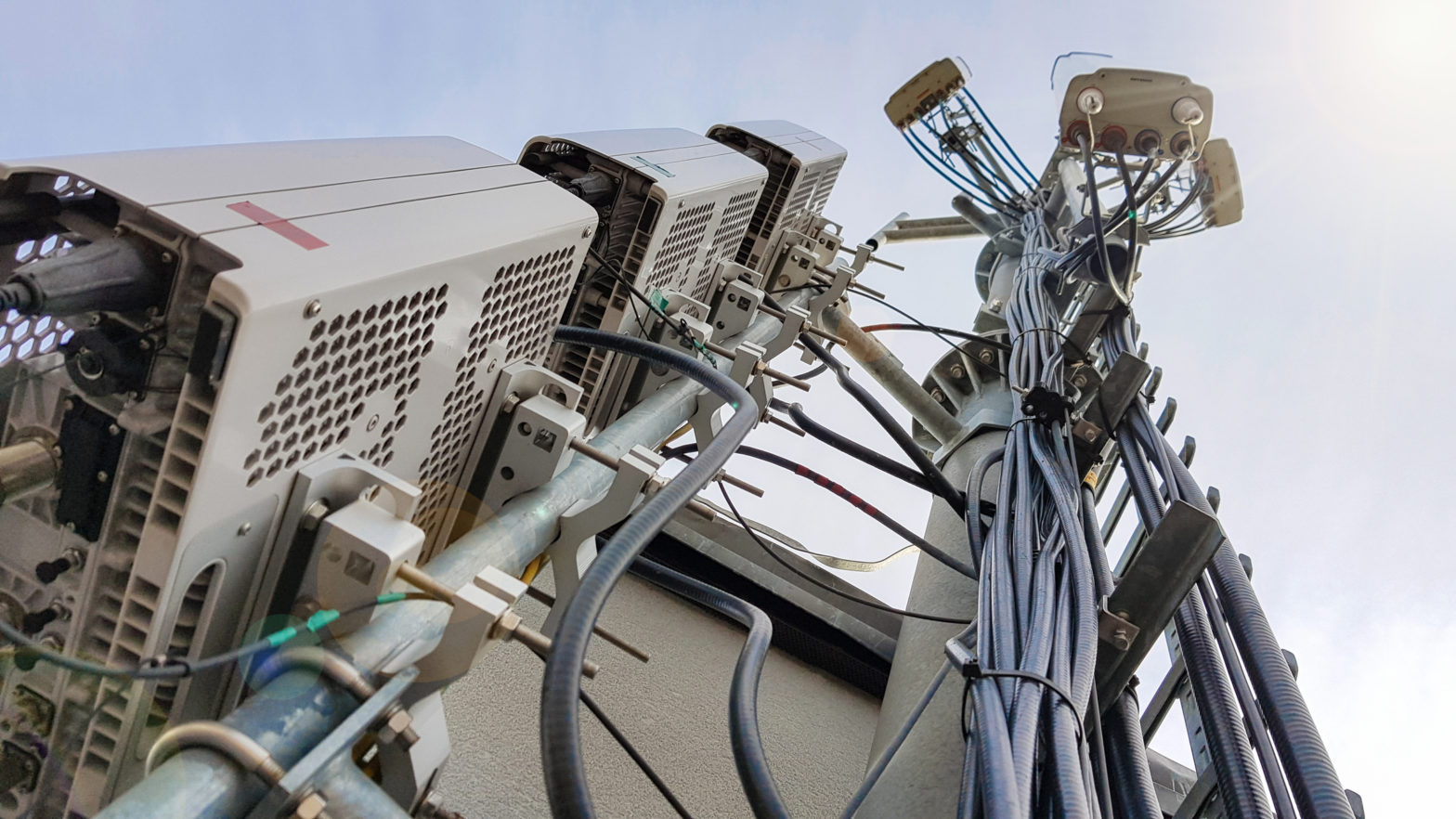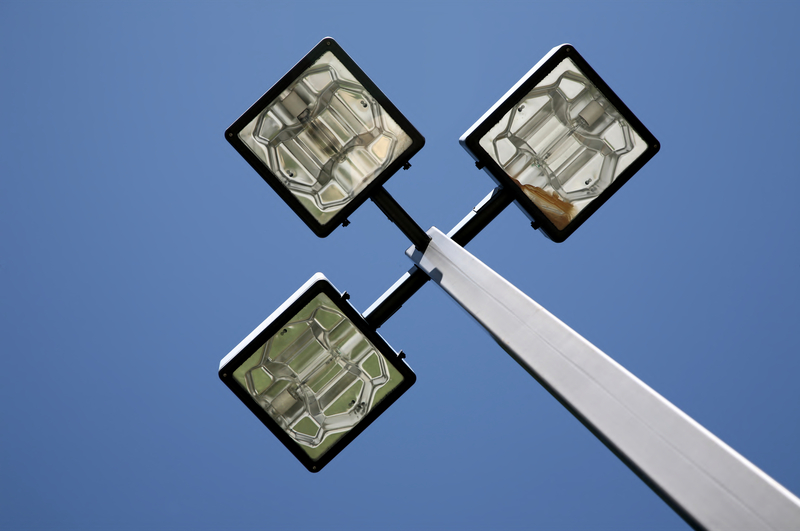
Porto and Stockholm lead Europe in 5G experience
01 March 2025
by Jonathan Andrews
A recent analysis of 5G connectivity across Europe reveals that Porto and Stockholm offer the best Quality of Experience (QoE), standing out for their stability and reliability in various mobile service categories.
The MedUX study, which benchmarks 5G performance across 15 major European cities, highlights Porto and Stockholm as co-leaders for overall QoE. Lisbon and Copenhagen follow closely in third and fourth place.
“Porto and Stockholm demonstrate exceptional performance across multiple areas, including speed, stability, and overall network reliability,” the analysis found. These cities excel in providing seamless experiences for services like gaming, video streaming, and cloud applications.
Lisbon leads for 5G download speeds, with a median speed exceeding 504 Mbps, while Stockholm ranks highest for 5G upload speeds, recording a median of 116 Mbps. The findings also note Lisbon’s reliability, with a 99.63 percent success rate for internet sessions, earning it the top spot for Best Reliability.
The study also highlights the ongoing need for infrastructure improvements to support 5G expansion across Europe. While cities like Porto and Copenhagen lead in 5G availability, with registration rates exceeding 87 percent, there remain significant disparities in performance between top and lower-performing cities.
This reinforces the importance of continued network expansion and optimisation. Additionally, the research stresses the need for greater investment in dedicated mid-band spectrum to fully unlock the potential of 5G, enabling faster speeds, lower latency, and more reliable service as the technology matures.
The analysis emphasises that the true 5G experience goes beyond just download speeds. Factors such as consistency, reliability, and time-to-content are critical for users. As 5G becomes more widespread, users increasingly expect uninterrupted access to services like social media, cloud storage, and gaming.
Germany stands out for its 5G gaming experience, with cities like Munich and Berlin leading the way. Munich, in particular, offers the lowest latency and jitter, providing an ideal environment for mobile gaming.
“As 5G becomes more widespread, users increasingly expect uninterrupted access to services like social media, cloud storage, and gaming,” the study highlights. With significant disparities still present between cities, addressing these gaps will be crucial to ensuring that 5G delivers on its transformative potential for users across the continent.
Image: Tpibernik | Dreamstime.com









